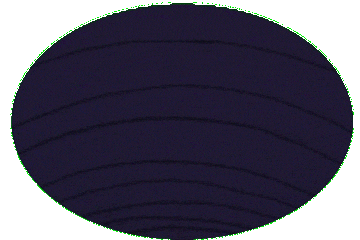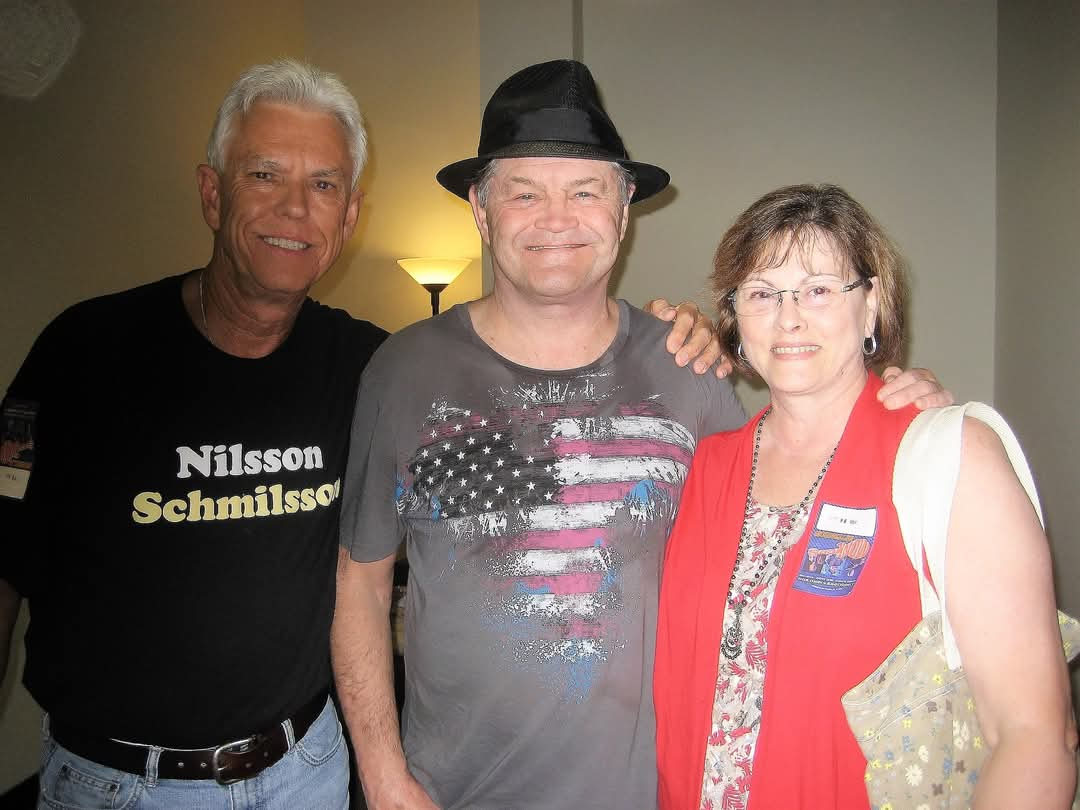Ring's 2026 Super Bowl commercial features Harry Nilsson's performance of "Without You."
Ring Search Party Commercial


Harry Nilsson Sings "Without You" in 2026 Super Bowl Commercial
Ring's 2026 Super Bowl commercial features Harry Nilsson's performance of "Without You."
Ring Search Party Commercial
Harry Nilsson
"Harry Nilsson" by Octoberman
Octoberman released "Harry Nilsson" on August 13, 2025, as both a single and video in advance of Chutes, their seventh full-length album.
The song is described as "a shimmering blend of jangle-pop and wistful storytelling" inspired by Nilsson's take on "Without You."

Gary Nilsson Dies
It is with great sadness that we have learned of the passing of Gary Nilsson.
Gary was a supporter of this website, providing photographs, news articles, and personal anecdotes about his half-brother, Harry Nilsson. Gary was a fan of popular music and Harry's music in particular. His Facebook page is full of photos of him with pop stars from the 1960s and '70s. As a featured guest at Harryfest 2002 he shared stories of growing up as both a fan and relative of Harry Nilsson and about his, and Harry's, father who shared Harry's love of baseball and was once a scout for the Cincinnati Reds.
But, beyond all of that, Gary was a friend. He will be missed.
Newly-Released Film of Harry Nilsson and Ringo Starr at the Son Of Dracula Premiere
A newly-released film shows Harry Nilsson and Ringo Starr attending the premiere of Son of Dracula.
Harry Nilsson and Ringo Starr at the Son Of Dracula Premiere
Richard Perry Has Died
Richard Perry, producer of Harry Nilsson's Nilsson Schmilsson has died. Perry died at age 82 on December 24, 2024.

Rosebud is a 1975 film directed by Otto Preminger from a screenplay by Erik Preminger.
In one scene, Kim Cattrall, as "Joyce," an American taken hostage by a terrorist group, does sit-ups and sings Harry Nilsson’s "I Guess the Lord Must Be in New York City" in an attempt to keep her body and mind fit.[1]